Parts of Philippines may submerge due to global warming
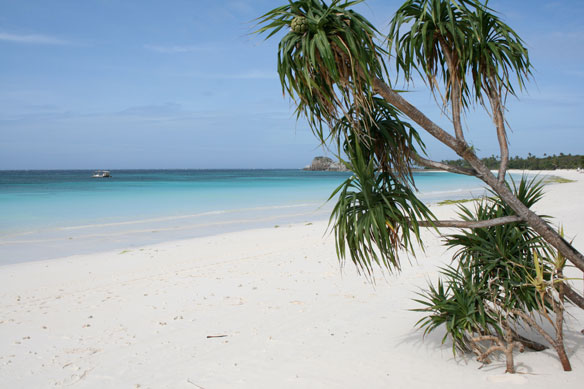
More than 167,000 hectares of coastland – about 0.6% of the country’s total area – are projected to go underwater in the Philippines, especially in low-lying island communities.
Disappearing beaches: a line in the sand
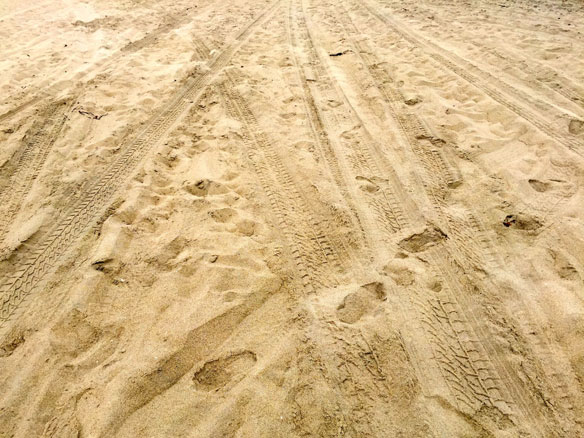
The forces chewing away at the nation’s beaches are only getting worse as climate change fuels rising seas.
Antarctic coastline images reveal four decades of ice loss to ocean
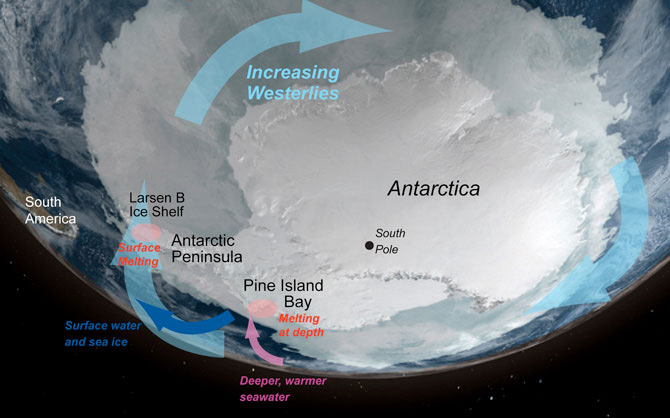
A study of images along 2000km of West Antarctica’s coastline has shown the loss of about 1000km2 of ice – an area equivalent to the city of Berlin – over the past 40 years. Researchers were surprised to find that the region has been losing ice for such a length of time. Their findings will help improve estimates of global sea level rise caused by ice melt.
Nearly 7 million US homes at hurricane risk this season: Report
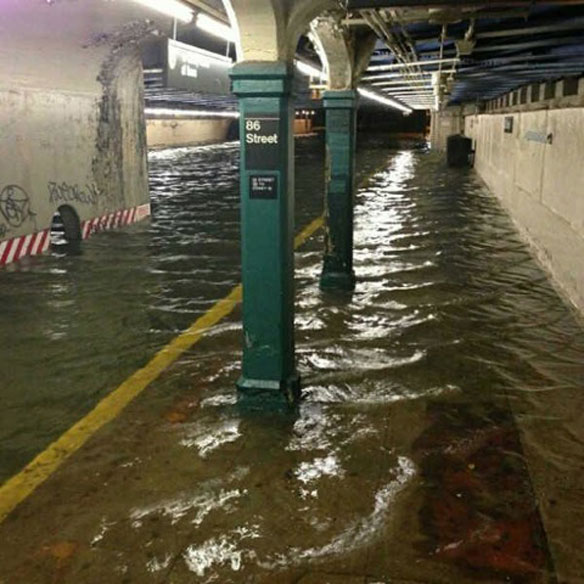
More than 6.8 million homes on the Atlantic and Gulf coasts are at risk of damage from hurricane storm surges, with a total reconstruction cost value of more than $1.5 trillion, according to CoreLogic’s 2016 Storm Surge Report.
Rising seas put brakes on developers’ march toward the ocean, SC
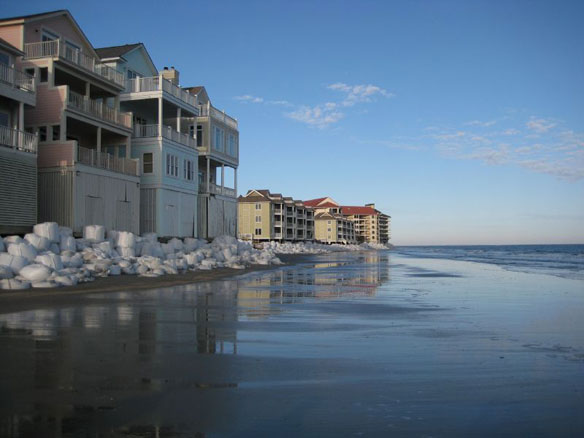
The South Carolina House just passed a bill that will close a loophole in state law that has allowed new construction closer to the ocean when renourishment projects temporarily widen the seashore. The lower chamber’s action is considered a significant, long-term step to prevent construction farther out on the beach at a time of rising sea levels.
Scientists Improve Maps of Subsidence in New Orleans
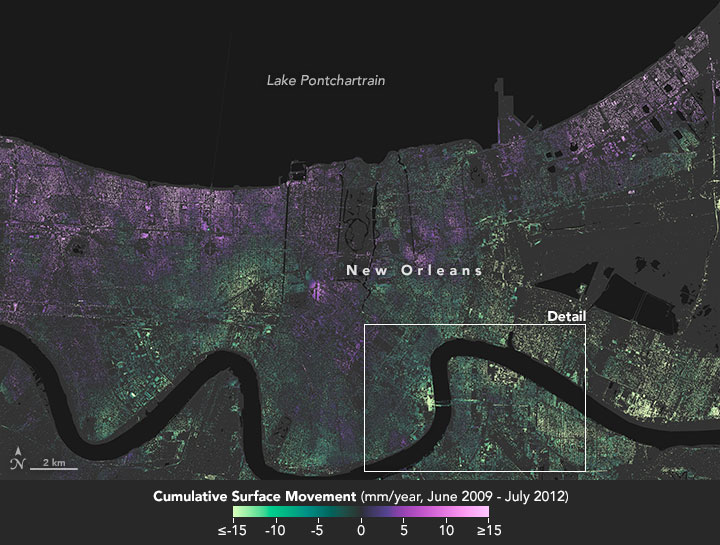
New Orleans and its surrounding areas continue to sink at highly variable rates due to a combination of natural geologic processes and human activity, according to a new study using NASA airborne radar.
The First Official Climate Refugees in the U.S. Race Against Time
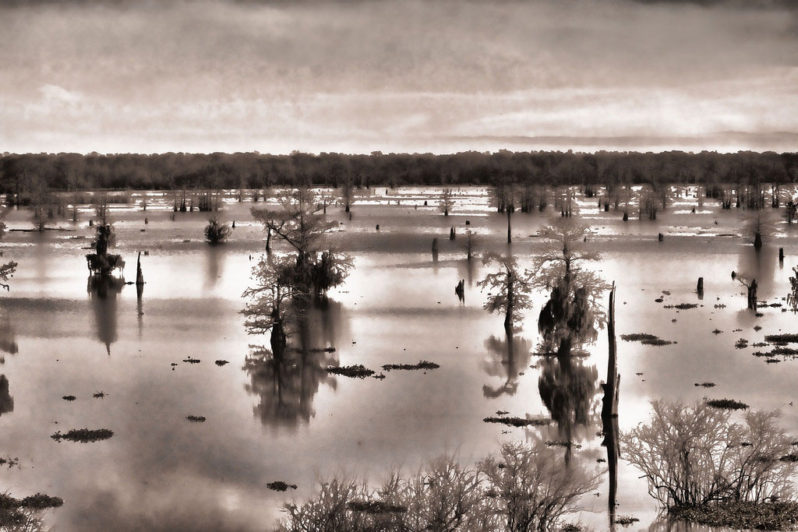
A Native American tribe struggles to hold on to their culture in a Louisiana bayou while their land slips into the Gulf of Mexico.
Scientists predict extensive ice loss from huge Antarctic glacier

Current rates of climate change could trigger instability in a major Antarctic glacier, ultimately leading to more than 2m of sea-level rise. By studying the history of Totten’s advances and retreats, researchers have discovered that if climate change continues unabated, the glacier could cross a critical threshold within the next century, entering an irreversible period of very rapid retreat.
Ghana’s coastal erosion: The village buried in sand
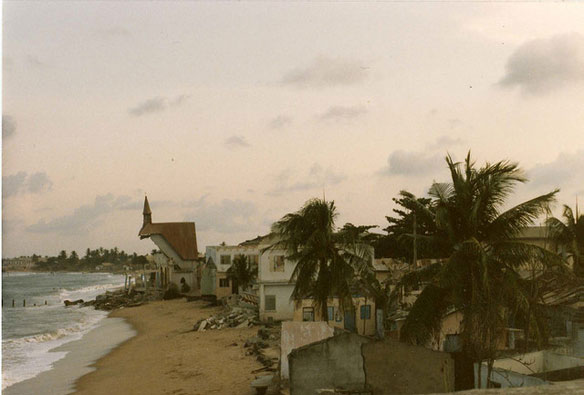
Rising sea levels are swallowing up land along the West African coastline at an astonishing rate. The geographical location of Fuveme, in Keta municipality of the Volta region, Ghana, makes it particularly prone to sea erosion. A 2010 study by the World Bank paints a grim picture for the rest of the country.
